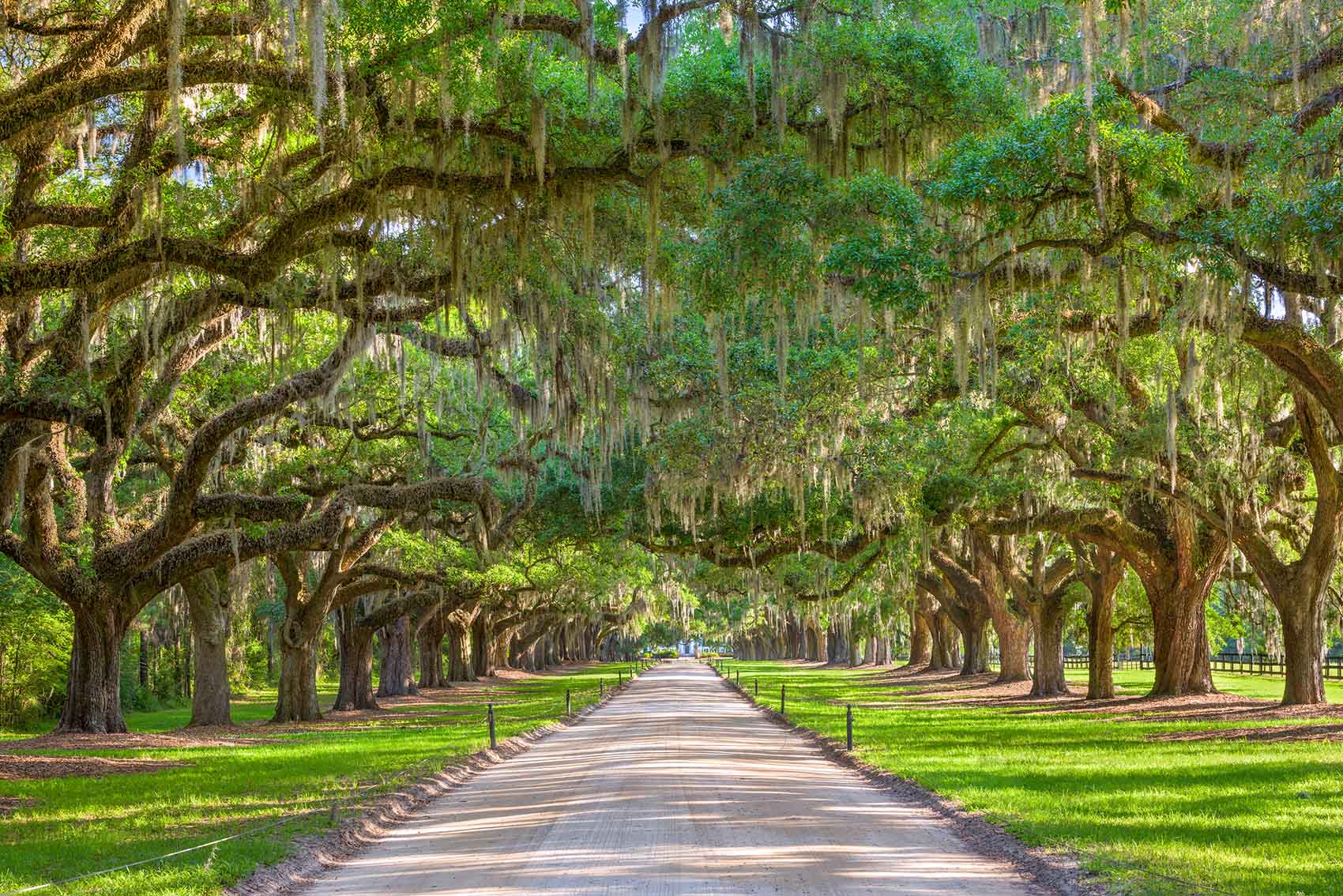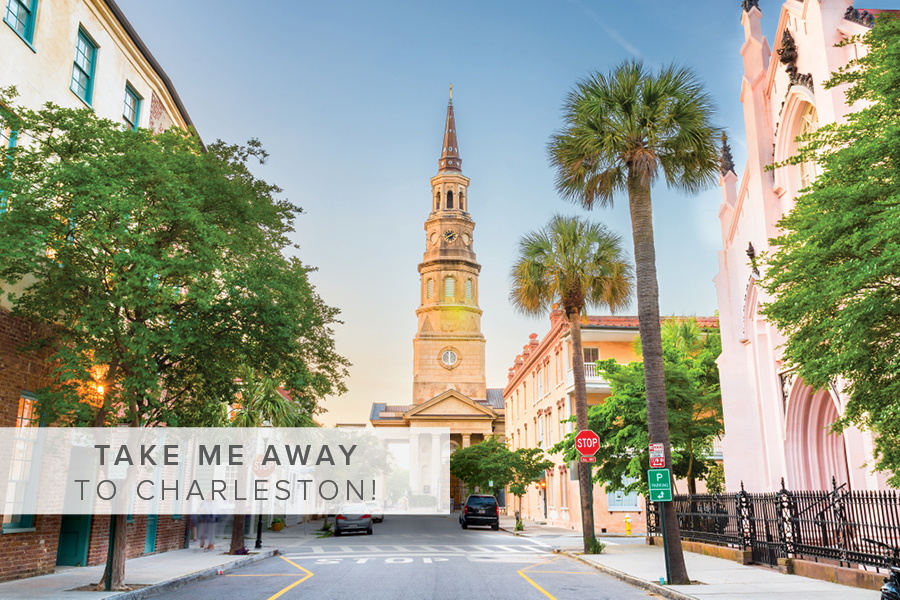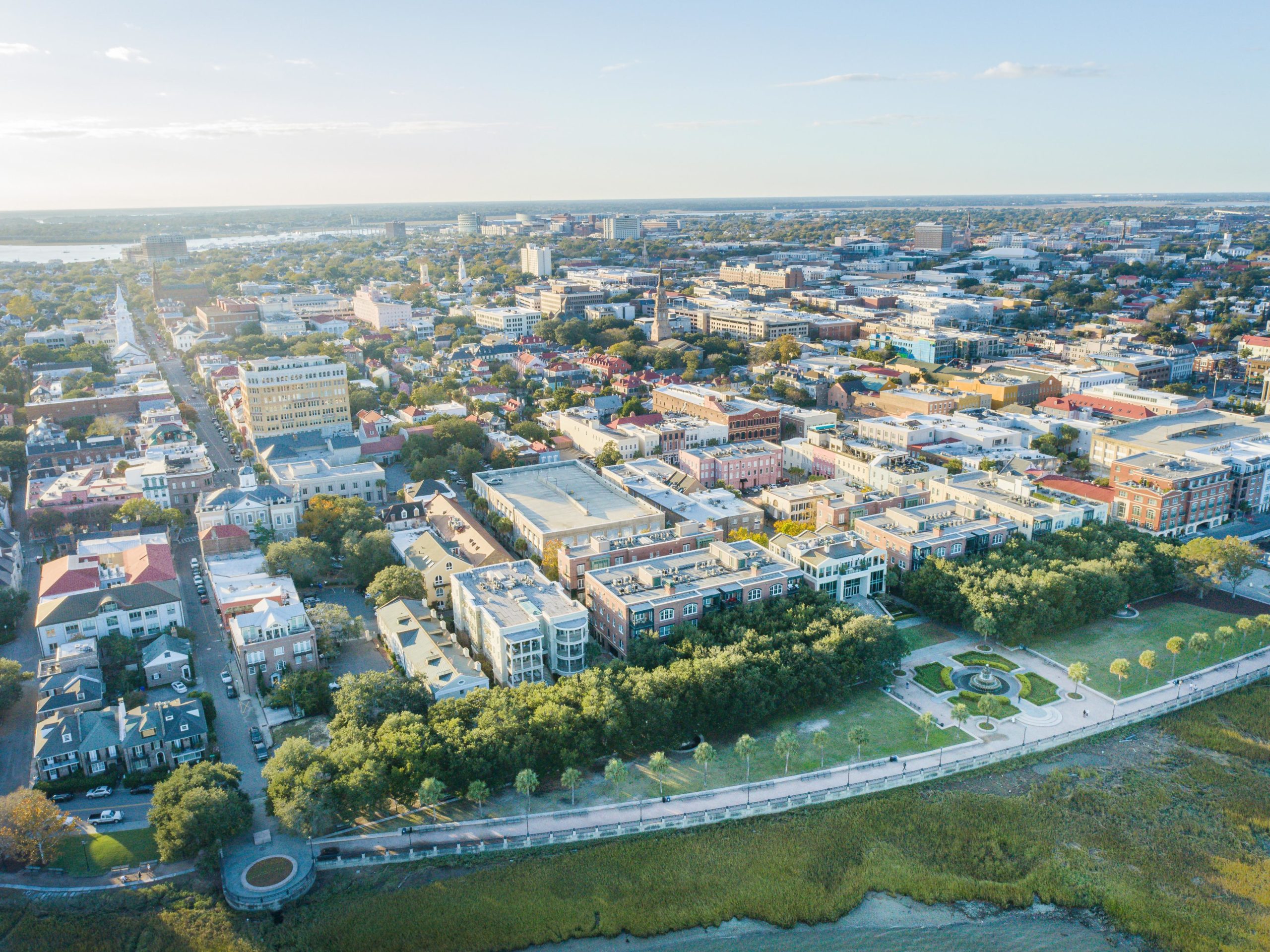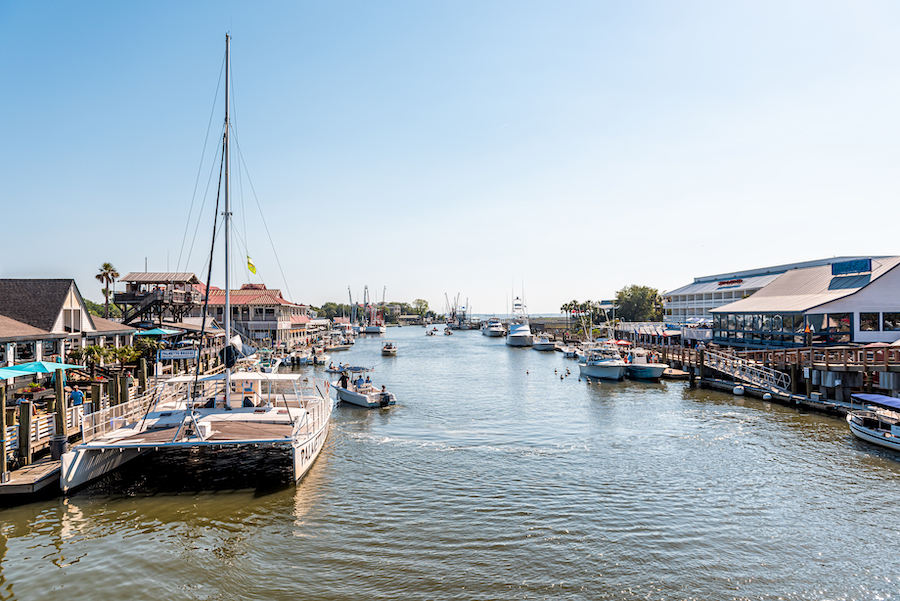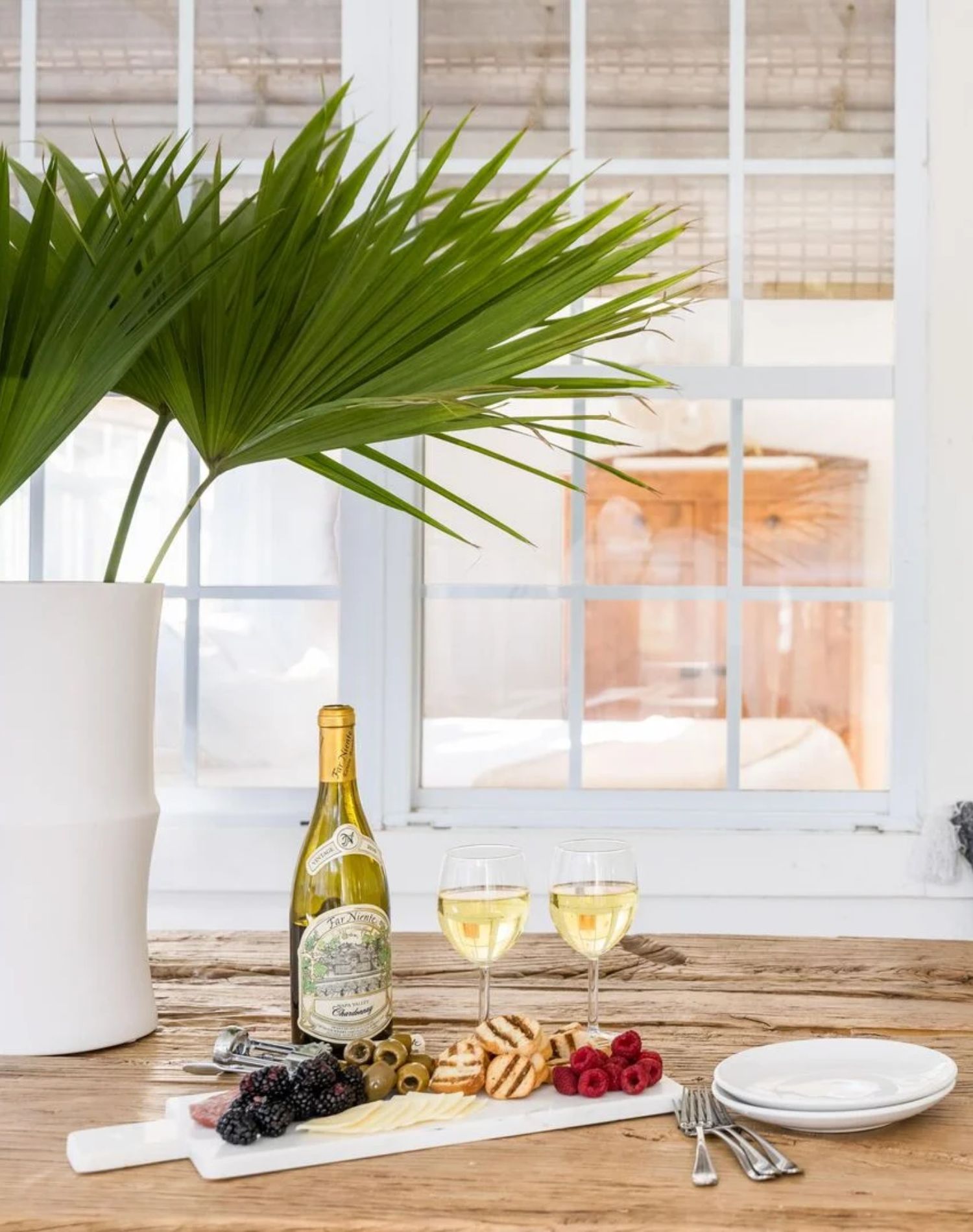Widely known for its history as an early American port city, strategic military post, and booming gem of the antebellum South, Charleston has long been a popular destination for history lovers. Among the many popular historic sites and landmarks, visitors rarely make a trip to Charleston without experiencing one of the beautiful and sprawling plantations throughout the lowcountry. Oak-lined alleyways. Expansive grounds and gardens. Historical significance. Not only are plantations some of the most picturesque areas of the Holy City, they offer a glimpse into Charleston life throughout the years. But which one should you visit?
Across the bridge from downtown Charleston, Boone Hall Plantation in Mount Pleasant dates back to 1681, making it the area’s oldest plantation, still actively harvesting fruits and vegetables throughout the seasons. Marked as “America’s most photographed plantation,” upon arriving visitors may recognize the iconic drive lined with large live oak trees. At Boone Hall you can enjoy a walk through the garden, take a tour of the home, or take the coach tour of the grounds. The farm entrance offers fun for the whole family with seasonal festivals, experiences, and events (such as a local favorite, the Lowcountry Oyster Festival). Across the street from the grounds, Boone Hall Farms serves farm fresh food to round out your trip!
A truly immersive experience, Middleton Place allows you to “see history come alive” by featuring costumed craftspeople showcasing life on the plantation from the time of its inception in 1738. Deemed “America’s oldest landscaped gardens” and the “most important and interesting garden in America,” it comes as no surprise upon your visit to the expansive 65-acre grounds. Beyond the immaculately landscaped gardens, you can explore the working stable yards full of livestock, the history of the South Flanker home, and learn of the Middleton family and enslaved people and freedmen who served them.
Known as South Carolina’s most visited plantation, Magnolia Plantation showcases the natural beauty of the lowcountry through winding nature trails and Romantic-style gardens. Perfect for families, the little ones will enjoy the wildlife petting zoo, nature train, Rice Field boat tour, or the watching countless animals in their natural habitat from the bridges and boardwalks. You can even bring your favorite four-legged friend – dogs are welcome!
Closest to downtown Charleston, McLeod Plantation on James Island dates back to 1851 and stands as an important Gullah/Geechee heritage site, “carefully preserved in recognition of generations of enslaved people & its cultural & historical significance.” With not one but TWO oak-lined alleyways leading to the main house, McLeod Plantation is home to McLeod Oak, thought to be 600 years old. Tours can be self-guided or interpretive, and all “focus on the transition to freedom for generations of African-American people who lived at the site during and after slavery.”
The newest in terms historic sites, Charleston Tea Garden was originally founded in 1888 in Summerville, but in 1963 the entire operation, including the tea crops, was transplanted to Wadmalaw Island where visitors tour the plantation today. Uniquely, the tea plantation is the ONLY tea plantation in North America (others located in Asia, Africa and South America). If the drive out to Wadmalaw Island isn’t breathtaking enough, the plantation offers trolley tours of the grounds, and the opportunity for a bring-your-own picnic to enjoy under the centuries old oaks.
An important piece of Charleston’s history, each plantation offers a unique experience and the chance to learn of the grounds and people that made these sites what they are today. If you enjoy the historic side of Charleston, plan a history lover’s trip to Charleston starting with the right accommodations.



